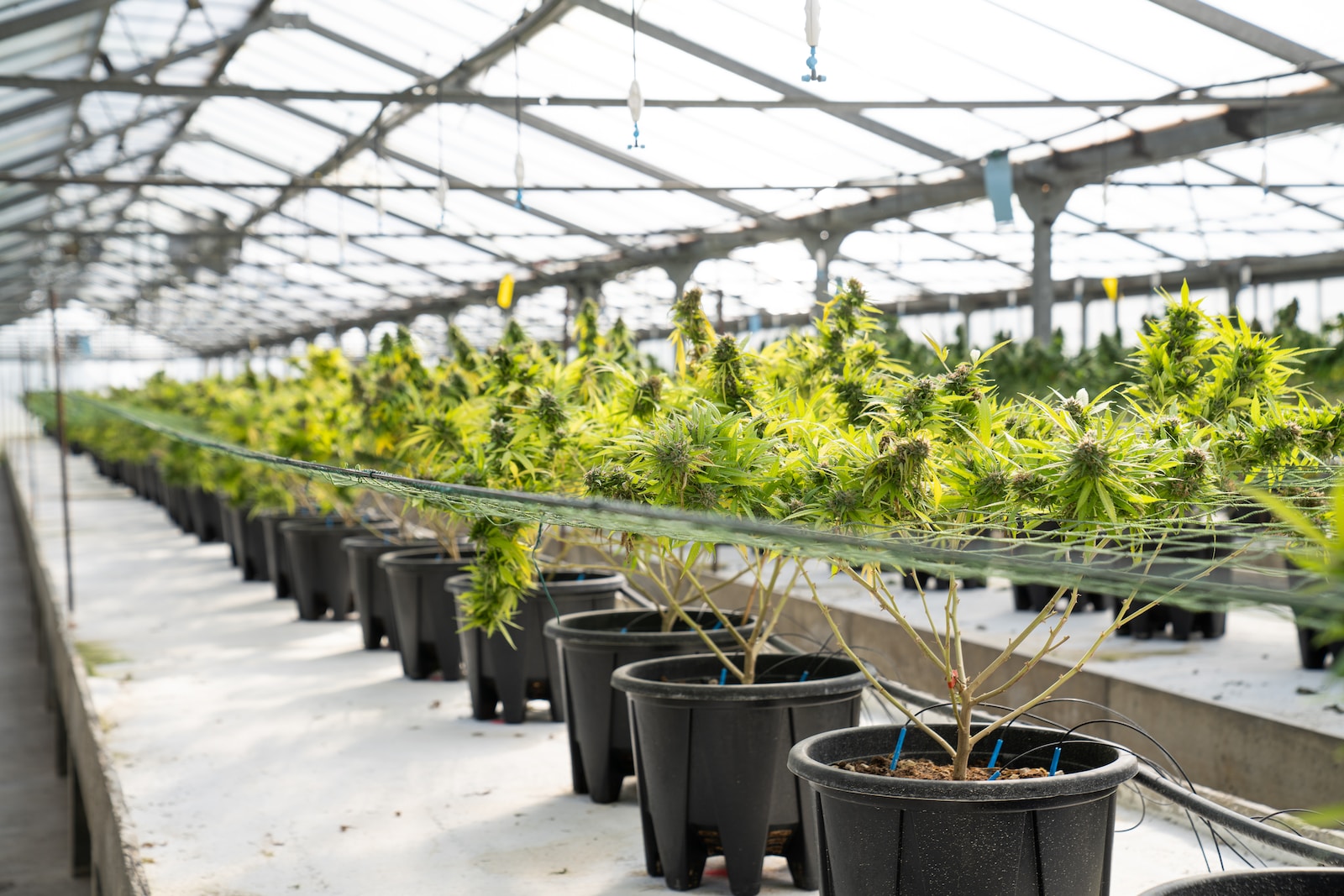When Should You Spray for Weeds: A Comprehensive Guide
Gardening is a labor of love, and nothing can be more frustrating than unwanted weeds taking over your carefully nurtured plants. The key to a lush, weed-free garden is knowing when to take action. In this comprehensive guide, we will explore the ins and outs of weed control, answering the burning question: when should you spray for weeds? We’ll delve into effective strategies, expert tips, and personal experiences to help you achieve a garden that’s the envy of the neighborhood.

When Should You Spray for Weeds
When it comes to weed control, timing is everything. Let’s explore the ideal moments to wield your weed spray:
Early Spring: Preemptive Strike
As the days start to warm and the first green shoots of spring emerge, it’s time to take action. Early spring is the perfect moment for a preemptive strike against weeds. They haven’t had a chance to establish themselves yet, making them vulnerable to herbicides. Use a pre-emergent herbicide to create a protective barrier that prevents weed seeds from germinating.
Late Spring: Targeted Attack
Late spring is when should you spray for weeds that have managed to break through your initial defenses. Target these interlopers with a post-emergent herbicide. Make sure to follow the manufacturer’s instructions for the best results. Remember, it’s easier to tackle weeds when they’re small and weak.
Early Summer: Vigilance Is Key
By early summer, your garden is in full bloom, but so are the weeds. Regularly inspect your garden beds and lawn for any signs of weed growth. When you spot them, don’t delay. Hit them with a targeted herbicide, and you’ll keep them from spreading and stealing valuable nutrients from your plants.
Late Summer: Don’t Let Them Go to Seed
Late summer is a critical time to prevent weeds from going to seed. If you notice weeds with mature seed heads, remove them immediately. One weed can produce thousands of seeds, leading to a future weed infestation. Be thorough and meticulous in your efforts.
Early Fall: Final Assault
As the gardening season winds down, give your garden one final weed spray. This will help eliminate any stragglers and reduce the chances of overwintering weeds that can wreak havoc in the next growing season.
Frequently Asked Questions

Is it okay to spray for weeds in the rain?
Yes, it’s generally fine to spray for weeds in light rain. However, heavy rain can wash away the herbicide, rendering it ineffective. Check the product label for specific rain-related instructions.
Can I use natural remedies instead of herbicides?
Absolutely! Natural remedies like vinegar, boiling water, or hand weeding can be effective alternatives. Just be prepared for more manual labor.
How long should I wait before planting in an area I’ve sprayed for weeds?
The waiting period can vary depending on the herbicide used. Read the label carefully, but as a general rule, waiting a few weeks is advisable.
Are there eco-friendly herbicide options available?
Yes, there are environmentally friendly herbicides on the market. Look for products labeled as organic or bio-based for a greener approach to weed control.
Can weeds become resistant to herbicides?
Yes, over time, some weeds can develop resistance to herbicides. To combat this, use a variety of herbicides with different modes of action.
Is it safe for pets and children to play in an area recently sprayed for weeds?
Most herbicides are safe for pets and children once they’ve dried. However, exercise caution and follow label instructions to ensure safety.
Conclusion
Maintaining a weed-free garden requires knowledge, vigilance, and the right timing. Knowing when should you spray for weeds is the first step toward a beautiful, healthy garden. Remember to adapt your approach based on the season and the specific weeds you’re dealing with. With patience and persistence, you can achieve a weed-free oasis that showcases your gardening expertise.

Leave a Reply